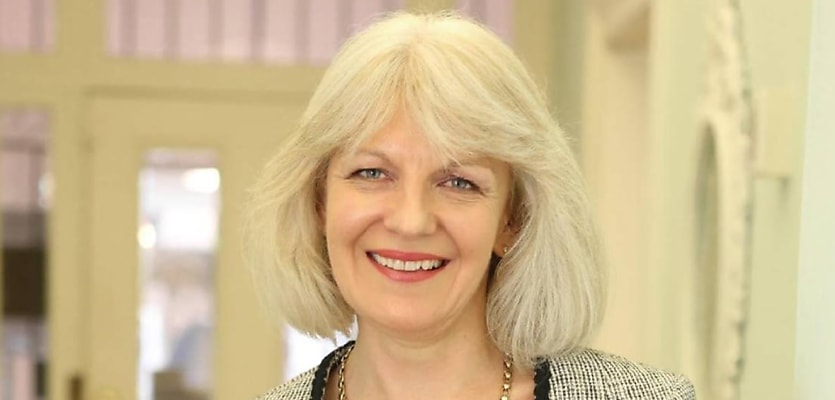Social connection is a cornerstone of mental health, wellbeing, and suicide prevention, and in light of World Mental Health Day on Tuesday, 11 October, the National Mental Health Commission has called for greater emphasis on the role of the community.
The Connections2022 project, which saw the commission visit multiple diverse communities across a three-month period, has facilitated the commission’s vehement insistence that a shift towards a community-centric approach to stemming mental health issues and improving wellbeing is critical.
The project found that the role of the community is pivotal in assisting individuals overcome mental health and wellbeing issues due to the establishment and maintenance of strong support networks and the social connections that are embedded and recognised throughout these population conclaves.
Christine Morgan, the commission’s chief executive officer, detailed how the organisation engaged in “109 community conversations with over 1,500 individuals, as well as roundtable meetings with mental health, suicide prevention, community, Aboriginal and Torres Strait Islander community-controlled organisations and local government representatives”.
She believes that “fundamentally, it is our local communities who are most trusted and have the power to support our social and emotional needs, to respond to changing social and environmental conditions, and to respond to and support every person’s mental health and suicide prevention needs locally”.
“What is needed, clearly, is for the system to factor in local communities. To recognise their ability to empower, support, and resource the members of their community, and to support them to undertake this role in a meaningful, practical, and impactful manner,” Ms Morgan said.
Commission chair Professor Ngiare Brown described how COVID-19 exposed systemic issues that existed nationwide and left communities vulnerable and exposed — particularly with regard to accessing services and safe and reliable housing.
Subsequently, Ms Brown explained that “active outreach to community members is critical”.
“In every community, people and service providers raised concerns that Australians are unable to access affordable, timely, and culturally safe services in their community,” she said.
Noting that “each community has different priorities and needs”, she detailed how “each community can work collaboratively with governments at all levels and service providers across the sector to identify and help meet the needs of their community members”.
Ms Brown concluded that “this is how we make mental health and suicide prevention a priority — locally, nationally, and globally.”







You are not authorised to post comments.
Comments will undergo moderation before they get published.